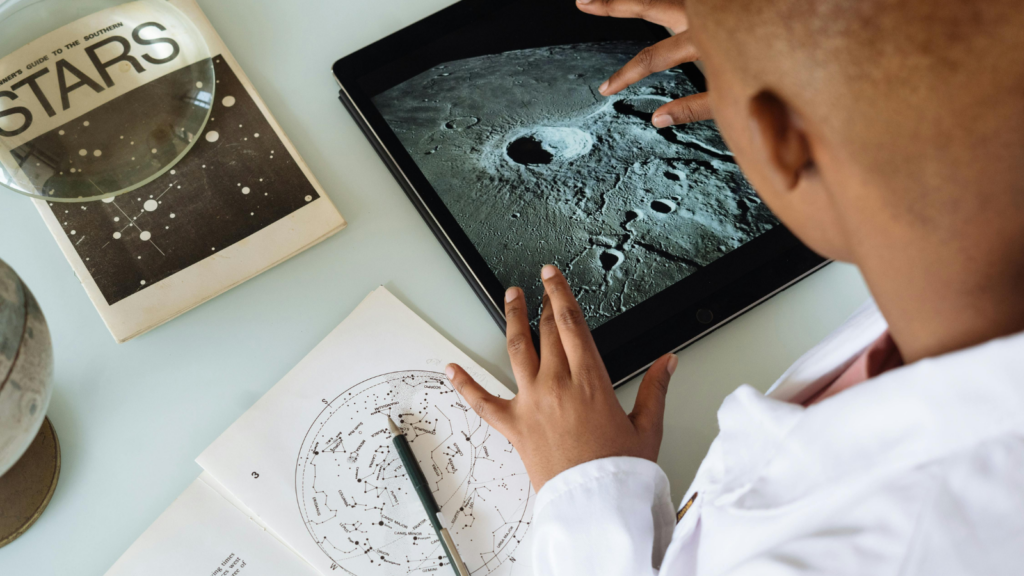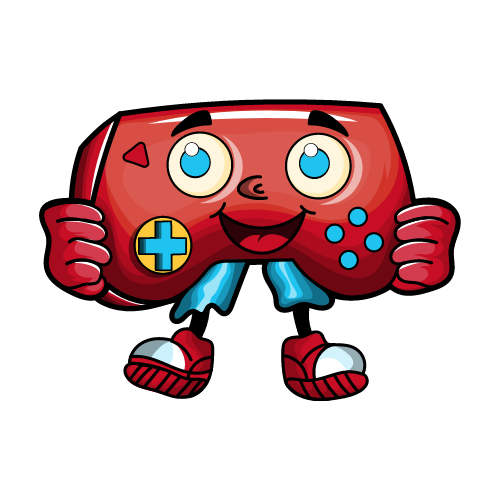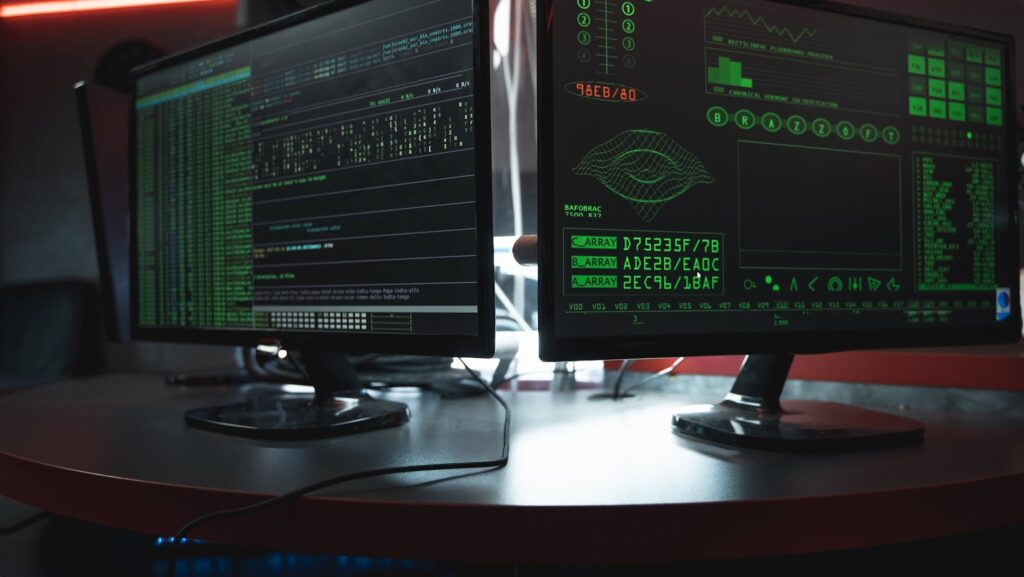In the fast-paced world of today, technology’s role in shaping our lives and characters cannot be overstated. It’s an enthralling dance between human nature and the relentless march of innovation. But what happens when character meets technology? How does this interaction mold our society and individuality?
Character vs Technology
At its core, the intricate relationship between character vs technology represents a struggle between a human entity and technology. It not only highlights how technology shapes us but also how it can establish control over its creators.
Defining the Battle: Characters and Technology
Defining the dynamics of the conflict between character vs technology lies in the heart of understanding our relationship with rapidly evolving technologies. On one hand, humans, with their individual characters, seek comfort, efficiency, and improvement, driving them to create and adopt innovative tech. On the other hand, technology, birthed from these character-driven goals, stretches its influence on the same creators, altering their behaviors and beliefs.
Impact of Technology on Character Development
Technological influence, extensively permeating our lives, comes with significant psychological implications that mold character development. From our dependence on gadgets to our unconscious adjustment to algorithmic influences, technology undeniably shapes our personal narratives. The psychological impact of technology on character development dwells in mutable gray areas, where the engineered and the organic blend into indistinguishable entities.
How Technology Shapes Character Narrative

Technology subtly manipulates character narrative by shifting behavioral patterns and restructuring societal norms. Aided by digital devices, humans move towards living in a hyper-connected universe, experiencing irrevocable changes in day-to-day communication and information consumption.
The excessive immersion in virtual realities weakens the tangible human experience, causing a disconnect from actual surroundings. Characters develop an affinity for the synthetic but impersonal interactions offered by tech-based platforms as seen in films like ‘Ex Machina,’ thus changing their narrative from being human-centric to being tech-centric.
Characters’ Resistance to Technological Change

Contrary to this evolving narrative, characters also showcase compelling resistance to technological change, driven by the innate human need for agency and authenticity. This resistance, perceived as a defensive mechanism, reinstates the importance of personal autonomy amidst intrusive technologies.
Characters’ resistance to technological change shines a light on the unsettling effects that overreliance on technology generates. It reinstates the value of organic interactions, suggesting that technology, despite its allure, can’t replace the depth and diversity intrinsic to human relationships. Thus, understanding this dichotomy is key to grasping the impact of technology on character development.
Ethical Considerations
Consistent with the ongoing discussion of character vs technology, ethical considerations invite further exploration.
Morality in the Age of Artificial Intelligence
Artificial intelligence’s rise presents an intricate web of ethical issues. Primary among them involves the question of morality. For instance, considerations arise over algorithms capable of decision-making. They pose potential risks of bias, discrimination, and unfairness. More so, the notion of machines making life and death decisions, as seen in autonomous vehicles handling emergency situations, sparks serious ethical debates.
The Responsibility of Creators and Users

Alongside the moral implications comes the contemplation of responsibility. Creators and users of technology bear major roles in addressing the ethical aspects. Decisions they make during AI’s development stage influence its future applications. As such, they carry a large part of the responsibility for associated ethical outcomes.
Users, on the other hand, demonstrate a different kind of responsibility. As consumers of technology, their choices influence market trends and the ethics of use. As an example, consider a ridesharing app. Its design might encourage efficient use of resources, but users choosing to carpool holds the key to actual energy savings. As such, users’ ethical responsibility exists in the choices they make while utilizing the technology.
The Delicate Dance: Character, Technology, and Human Evolution
The interplay between character vs technology is a complex but fascinating one. It’s clear that technology, from smartphones to artificial intelligence, has a profound impact on human behavior and narratives. Yet, it’s equally evident that humans resist and shape this technology, reflecting our innate need for autonomy and authenticity. The ongoing tension between character and technology is not just a literary theme—it’s a real, pressing issue that demands our attention. The future of character development, and indeed our society, hinges on our ability to ethically integrate technology into our lives.



